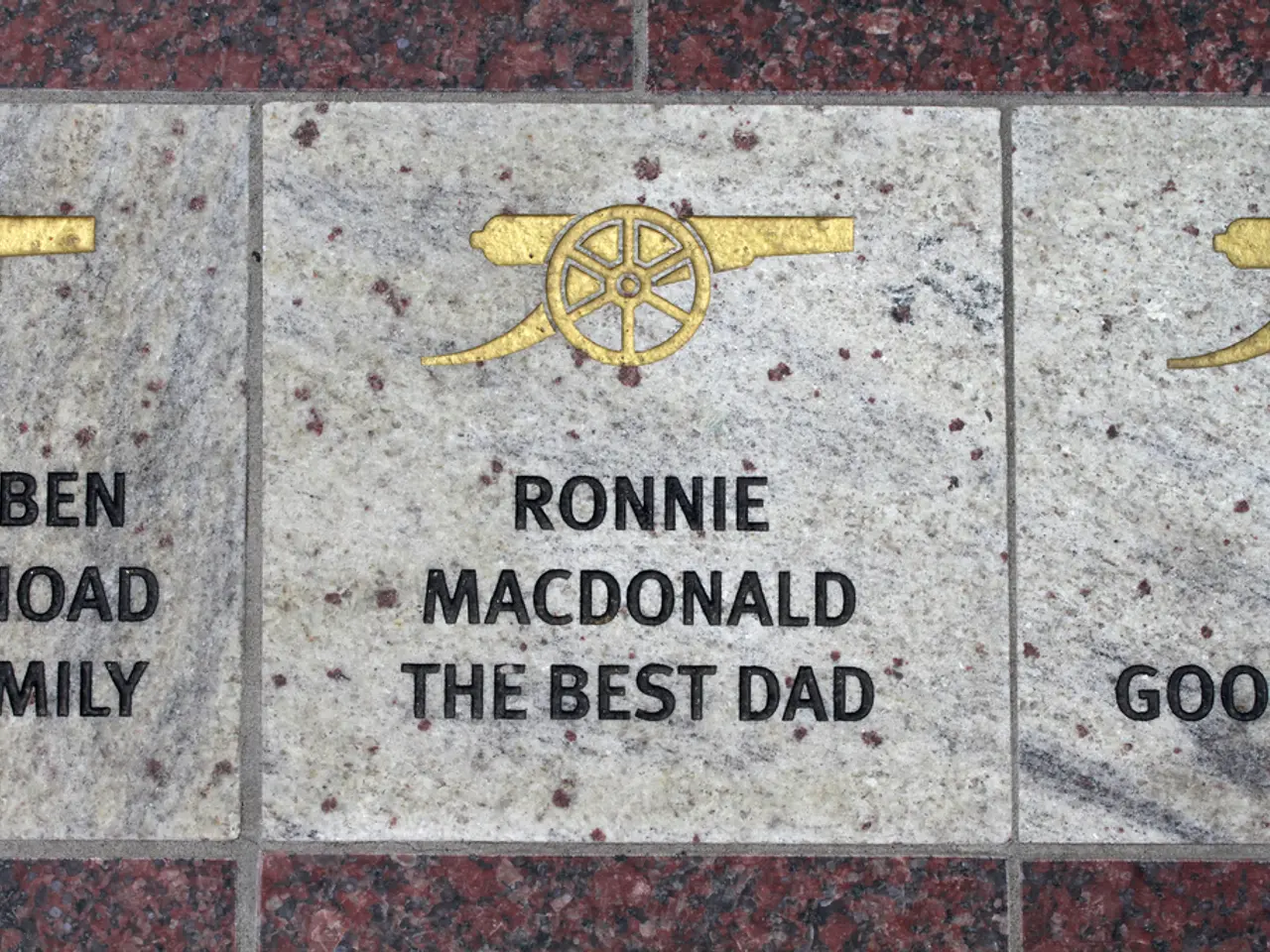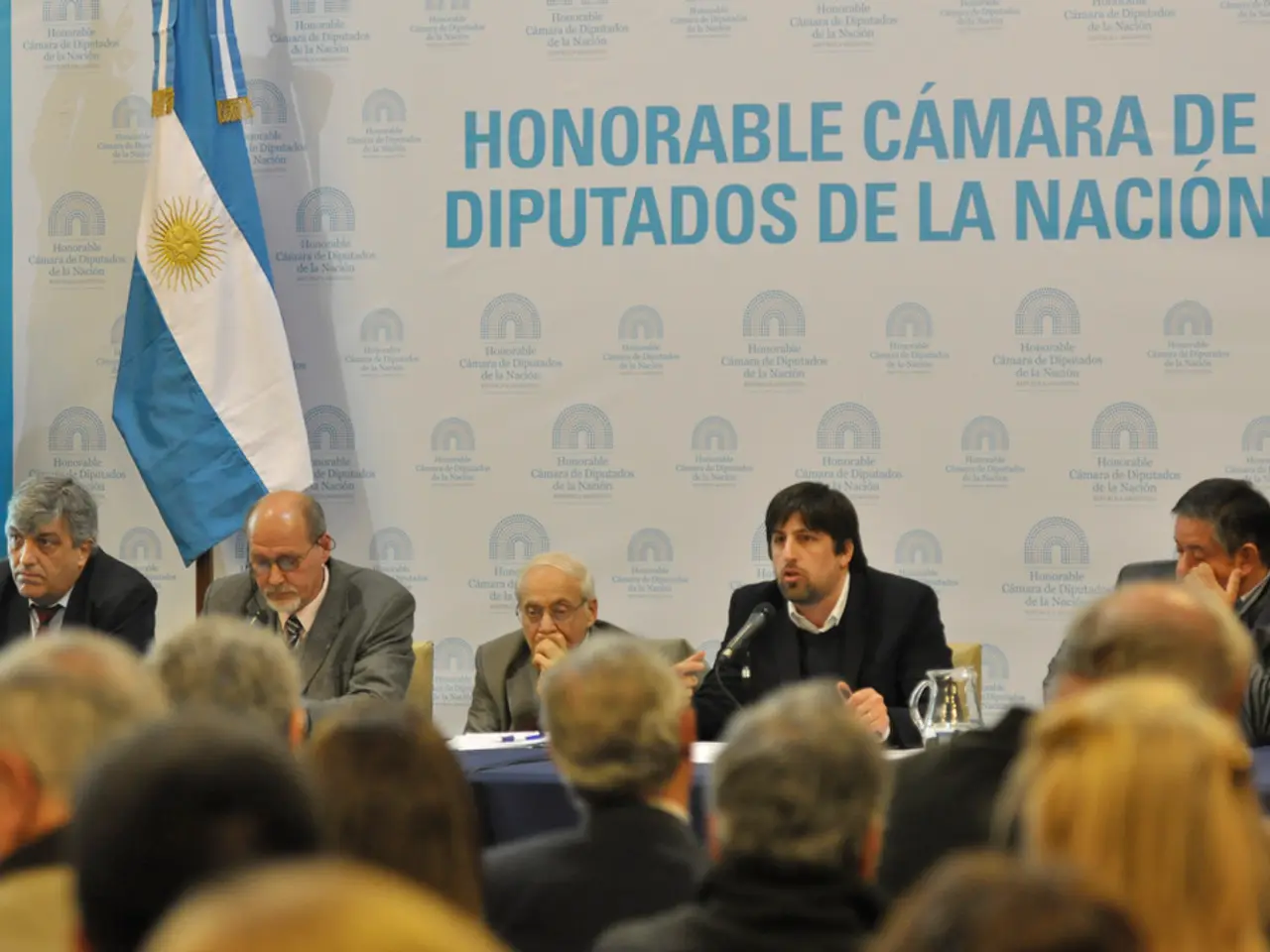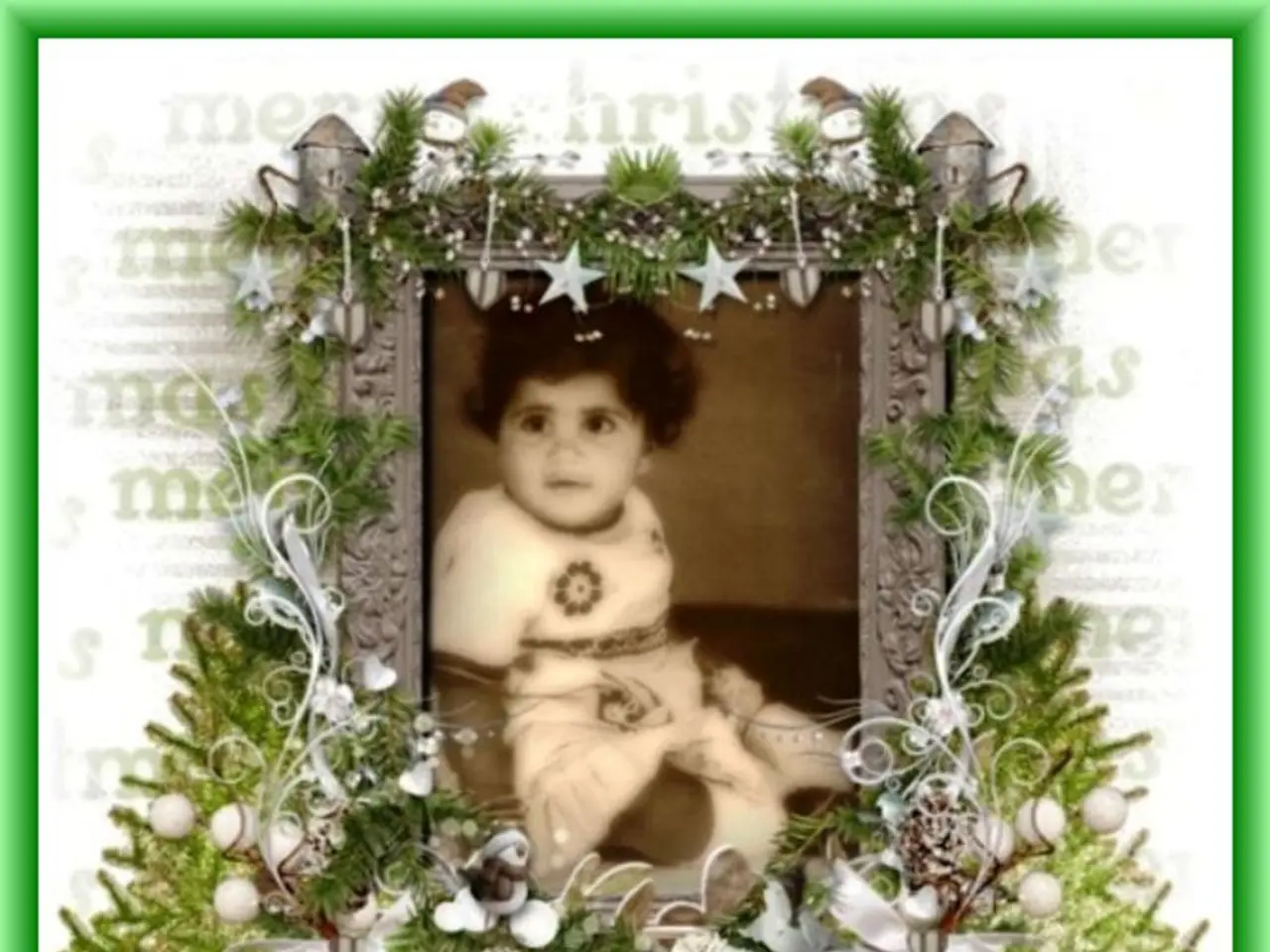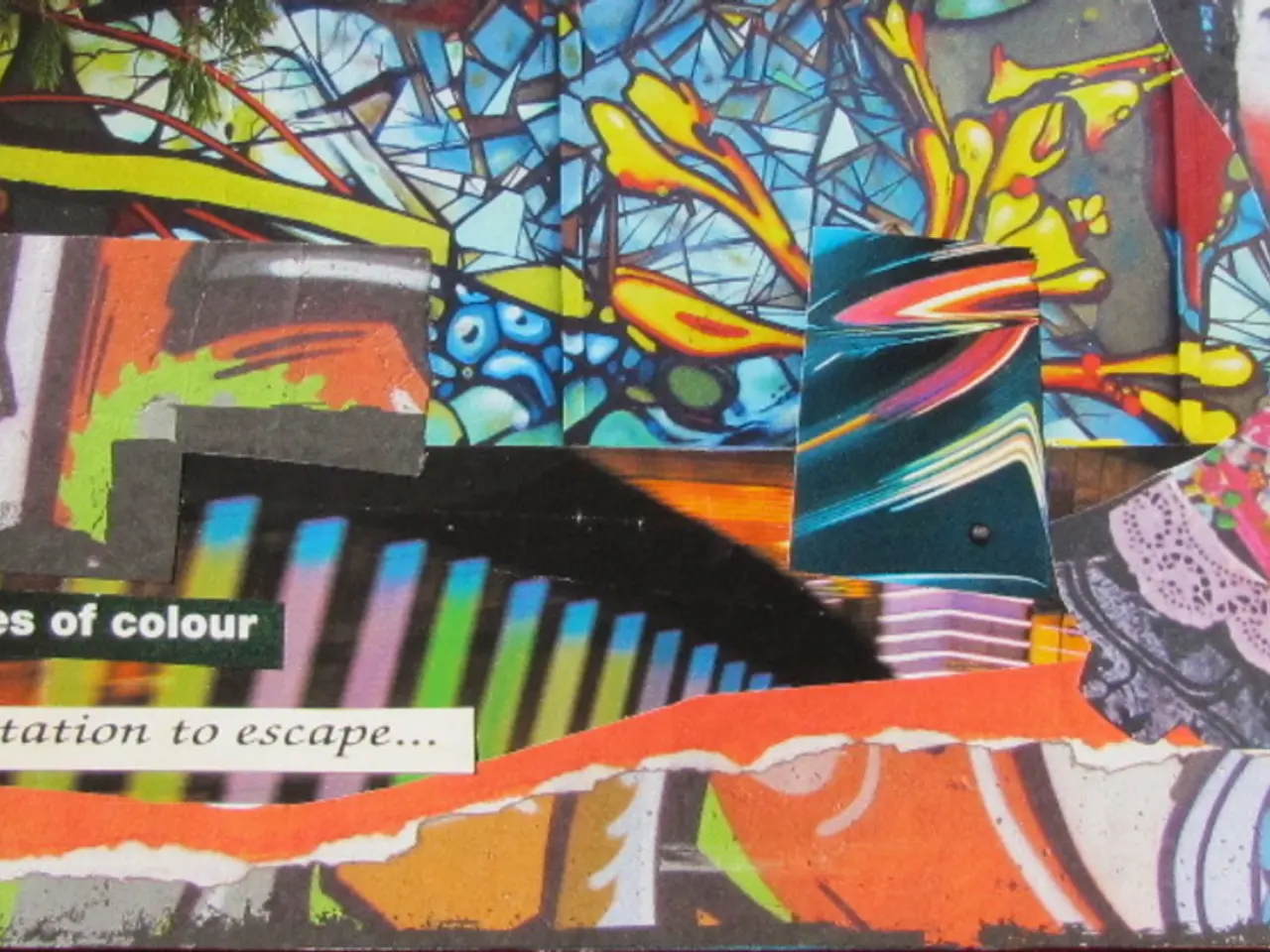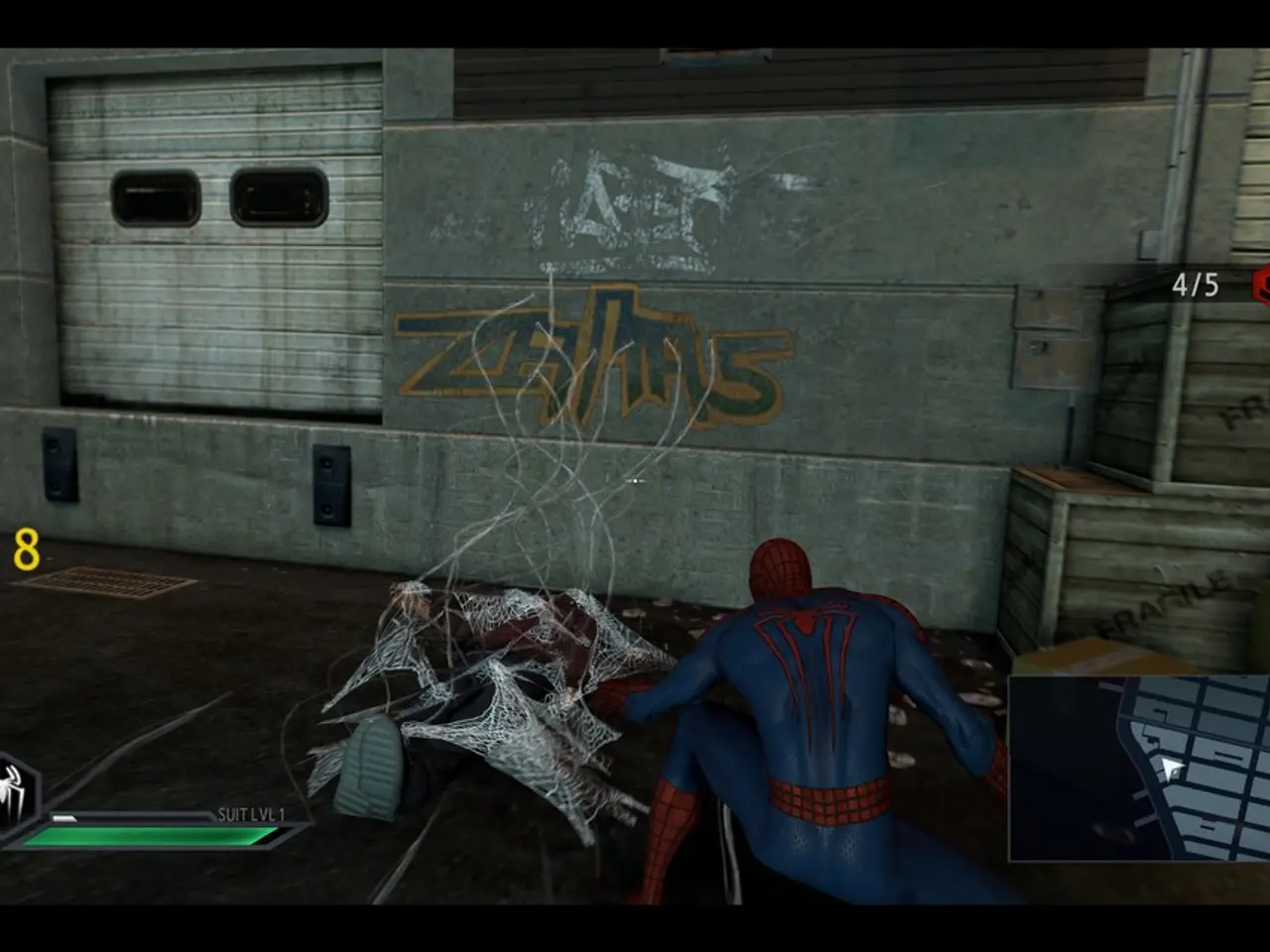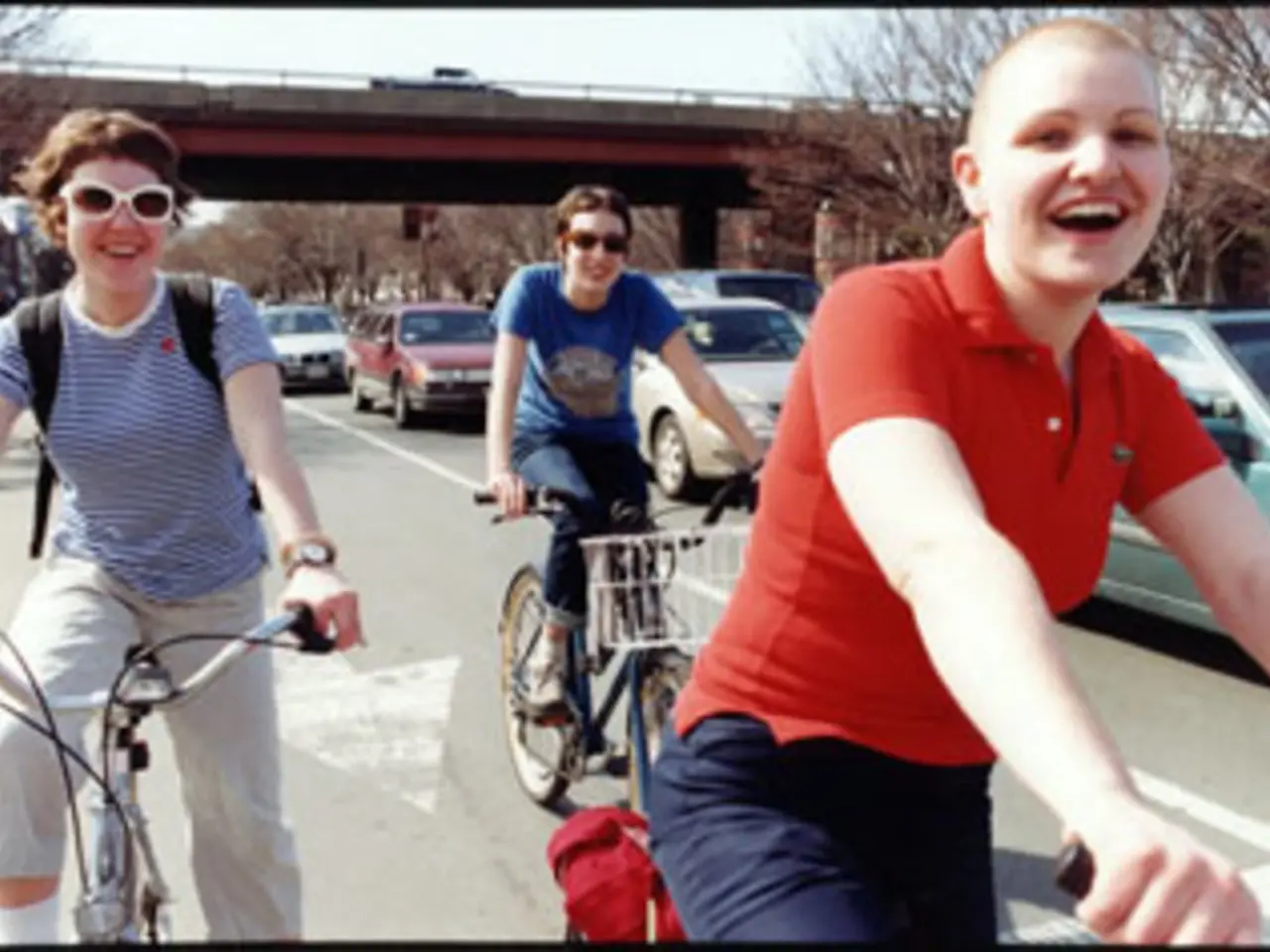History Forum in Europe Recalls Moments: Reflections Amidst Tumultuous Era
The year 1945, a pivotal moment in history, is remembered across Eastern and South-Eastern Europe as both a moment of liberation from Nazi occupation and the start of new divisions and hardships. This year marked the defeat of Nazi Germany, but also the beginning of Soviet domination in much of Eastern Europe, the redrawing of borders, and mass expulsions and population movements.
The division of Germany into four occupation zones, with the eastern zone under Soviet control, set the stage for the Cold War division of Europe. The westward shift of Poland's borders and the forced expulsion of millions of ethnic Germans from Eastern Europe resulted in significant demographic and social trauma. Stalinist regimes and repression across Eastern Europe are remembered through both the suffering caused and resistance attempts.
These memories are complex and often painful, reflecting a combination of liberation and occupation, freedom and repression, shifting national boundaries, and deep socio-political upheavals. The anniversary of 1945, therefore, holds potential as a unifying moment if leveraged to promote reconciliation and shared understanding rather than reopening historical grievances.
The shared history of World War II's end and the desire to prevent such devastation has been a foundational narrative for European integration efforts since the late 20th century. Remembering 1945 collectively, including acknowledging the suffering on all sides and the complex legacy of borders and occupations, could foster dialogue and reconciliation, especially in Eastern and South-Eastern Europe where memories of division remain strong.
However, these efforts must carefully navigate divergent national memories and political perspectives on the post-war order to build a genuinely inclusive vision of European unity.
Recent discussions on the shifting narratives about the end of World War II were held at a forum convened by the Heinrich Boll Foundation in Berlin in May 2025. Scholars from various parts of Europe, including Oksana Khomiak from the Kyiv-Mohyla Academy, Iryna Kashtalian of the Buchenwald Memorial in Weimar, Yaroslav Hrytsak of the Ukrainian Catholic University in Lviv, and Elma Hašimbegović, Director of the Historical Museum of Bosnia and Herzegovina, among others, participated in the forum.
The forum's theme was "80 Years of Narratives about the End of World War II." The discussions highlighted the complexities and nuances of the region's collective memory, as well as the ongoing challenges in remembrance work. For instance, the ongoing politicization of the legacy of the communist regime in Belarus was a topic of discussion.
In Ukraine, the official day of remembrance was moved from 9 May to 8 May to align with European memory culture and distance from Soviet-era symbolism. The documentary feature "The War and Its Victims" on dekoder.org offers new insights into interpretations of the Second World War and is aimed at a young audience.
The book project "Resistance - Women of Peace and Justice in the Former Yugoslavia and Albania" highlights the lives of eleven women who played a significant role in the resistance against the violence of the 1990s and who continue to work for justice and reconciliation to this day.
The documentary "Home soon" by Armenian filmmaker Seda Grigoryan tells the story of prisoners of war who were sent to Soviet Armenia by the thousands after the war. These are just a few examples of ongoing efforts to remember and understand the complex legacy of 1945 across Eastern and South-Eastern Europe.
In conclusion, 1945 is remembered as both the end of fascist tyranny and the start of Cold War divisions in Eastern and South-Eastern Europe. Its anniversary holds potential as a unifying moment if leveraged to promote reconciliation and shared understanding rather than reopening historical grievances.
Engagement with the complexities of 1945's legacy is ongoing, as demonstrated by the forum held by the Heinrich Boll Foundation in Berlin in May 2025, where scholars from various European regions discussed shifting narratives about the end of World War II.
The transformation of collective memories, such as the shift in Ukraine's day of remembrance, highlights the importance of political perspectives in shaping our understanding of the past, especially in Eastern and South-Eastern Europe.
